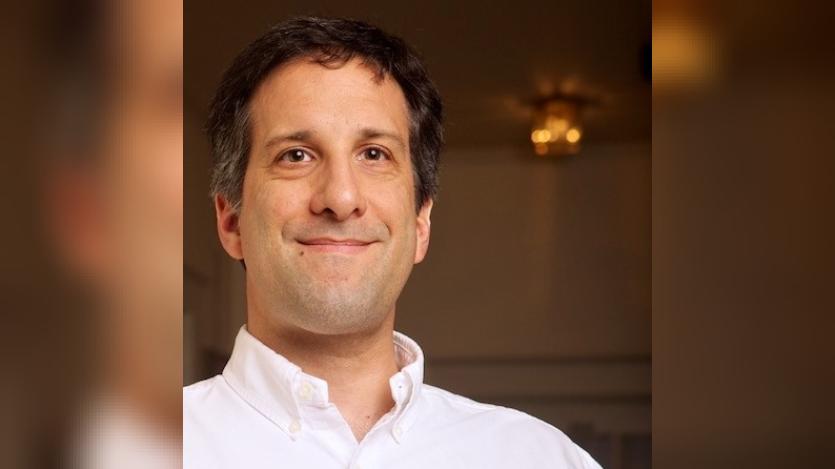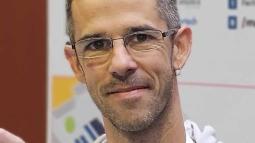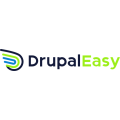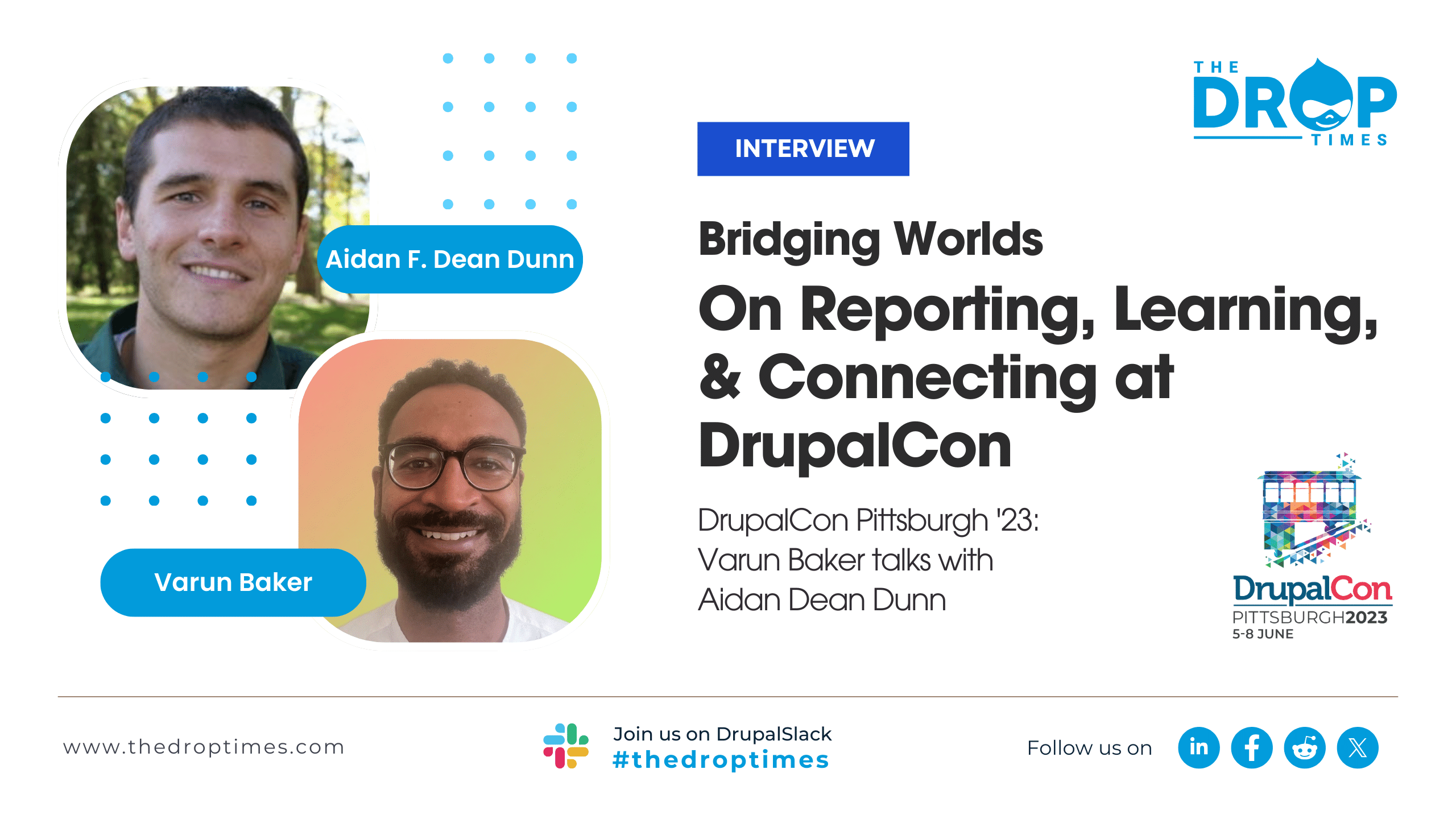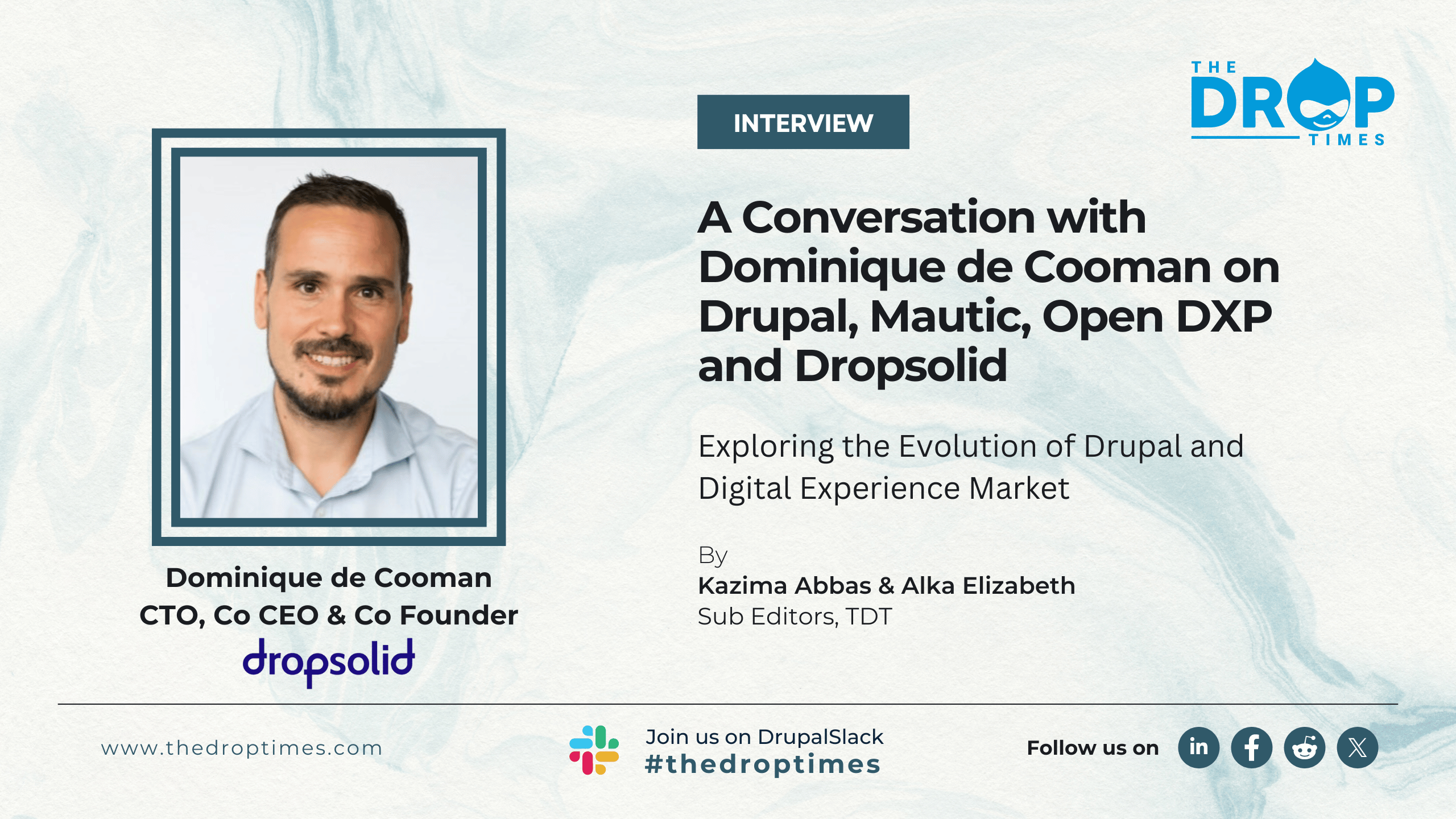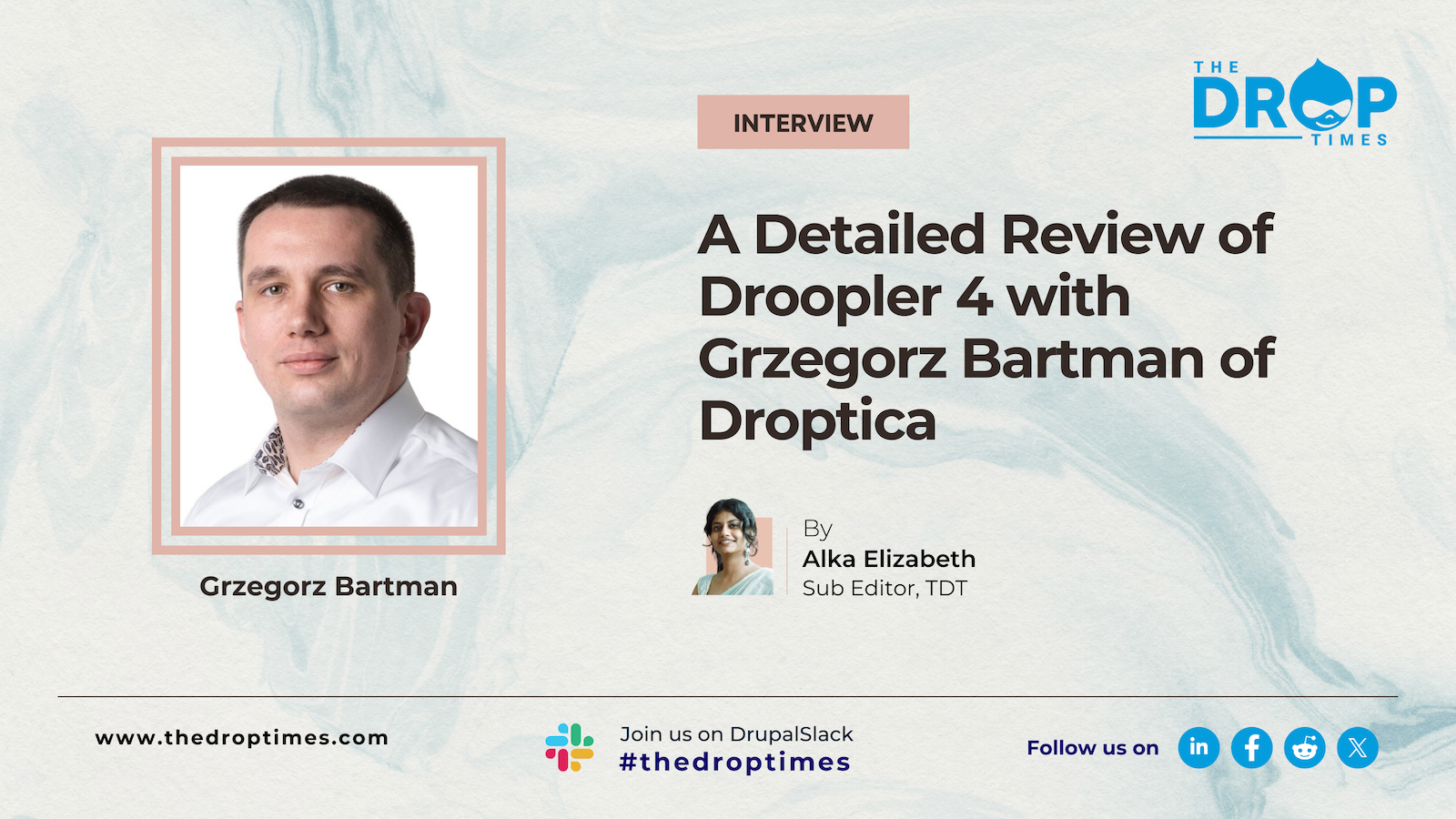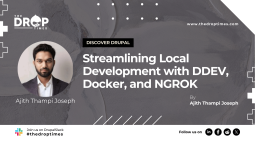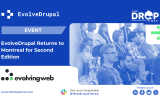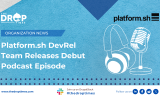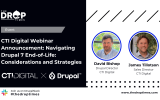A Selfish Exercise in Selfless Commitment: Conversation with Michael Anello
Another year has gently bowed out of the stage, and a new dawn is upon Drupal and its community—meanwhile, technological advancements are conquering the world with transitions beyond recognition. Now, the future is much bigger than the past, and to conquer the coming days, the Drupal Community has to attract and mold new talents for the battlefield. Who better to do that than a veteran who finds his pleasure in teaching?
"Teaching others is a bit of a selfish exercise for me."
notes Michael Anello, the Co-founder and the Vice President of Drupal Easy
Dr. Seuss once said, “The more you read, the more things you will know. The more you learn, the more places you'll go." Whether he has heard it or not, Michael has gone places and explored much with his thirst to learn more.
In this exclusive interview, Alka Elizabeth, sub-editor at The DropTimes [TDT], had the distinct pleasure of interviewing Michael Anello, a Drupal trainer and a seasoned figure in the Drupal community. Michael's journey spans from teaching engineering courses to co-founding a Drupal shop specializing in training, career education, and consulting, namely DrupalEasy. As a mentor and contributor, he sheds light on Drupal's evolution, the challenges of the learning curve, and the strategic shifts made by DrupalEasy to accommodate diverse skill levels.
The conversation also reveals his deep involvement in the Florida Drupal community, marked by adapting to changes, contributing to Drupal core, and pioneering initiatives like the IXP-Fellowship. In the final stretch, he reflects on the highlights and challenges of 2023, providing a glimpse into his priorities for the coming year (2024), which prominently feature integrating AI tools into DrupalEasy's future endeavors.
Join us as we uncover Michael Anello's thoughts on staying abreast of Drupal trends, addressing perceptions of PHP and Drupal in the present scenario, and many more.
TDT [1]: Drupal is often accused of having a very steep learning curve and, hence, intimidating for beginners. What drove you to specialize in Drupal training and consulting, and what do you find most rewarding about this work?
Michael Anello: I started teaching as an adjunct professor at Florida Tech, teaching mechanical and aerospace engineering courses while working on my master's degree. I found that teaching allowed me to really learn the material that I thought I already fully understood. So, in a way, teaching others is a bit of a selfish exercise for me.
But, I also found that in order for me to learn a new topic, it had to be somehow important to me. In other words, I had to "make the case" that I needed this new information to be better at whatever skill I was learning. I have taken this approach with me ever since then—when teaching, I usually start by explaining to students why they should care about what we're about to learn to get students invested in the topic early.
This also extends to our consulting work - but often in reverse. When clients ask for something, I often try to drill down with them to figure out what their real goal is for the new feature. This often leads to being able to deliver what our clients are looking for more efficiently.
As far as what I find rewarding—it's pretty simple. I love to learn new things. Teaching and consulting provide plenty of opportunities for this.
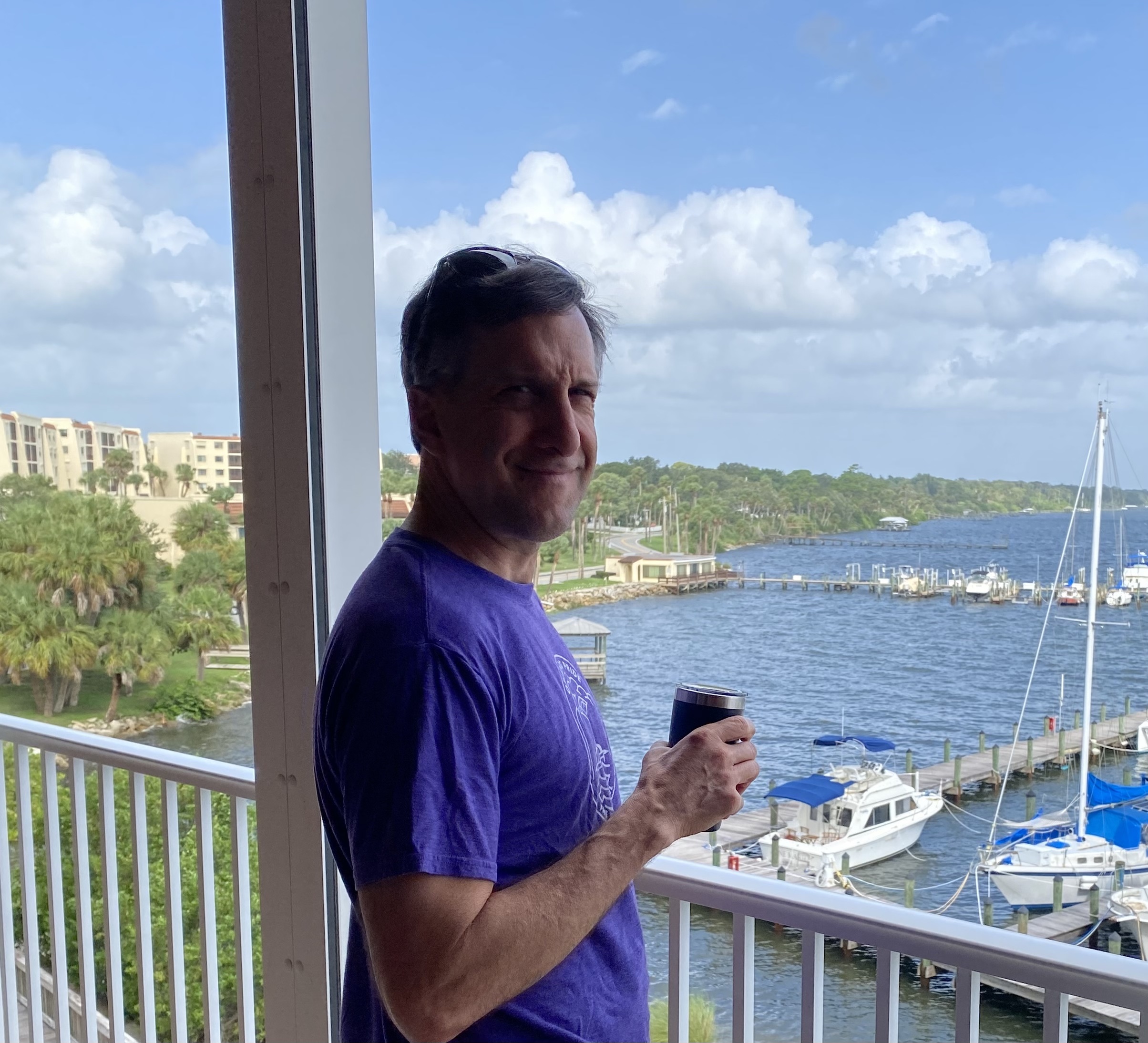
TDT [2]: How were you introduced to Drupal, and how and when did the idea of DrupalEasy sprout?
Michael Anello: Like most people who have been in Drupal for 15+ years, I got started when I got tired of building similar websites for my clients from scratch. I played around with several open-source content management systems, and when I found Drupal, things just clicked—both from a code and community standpoint.
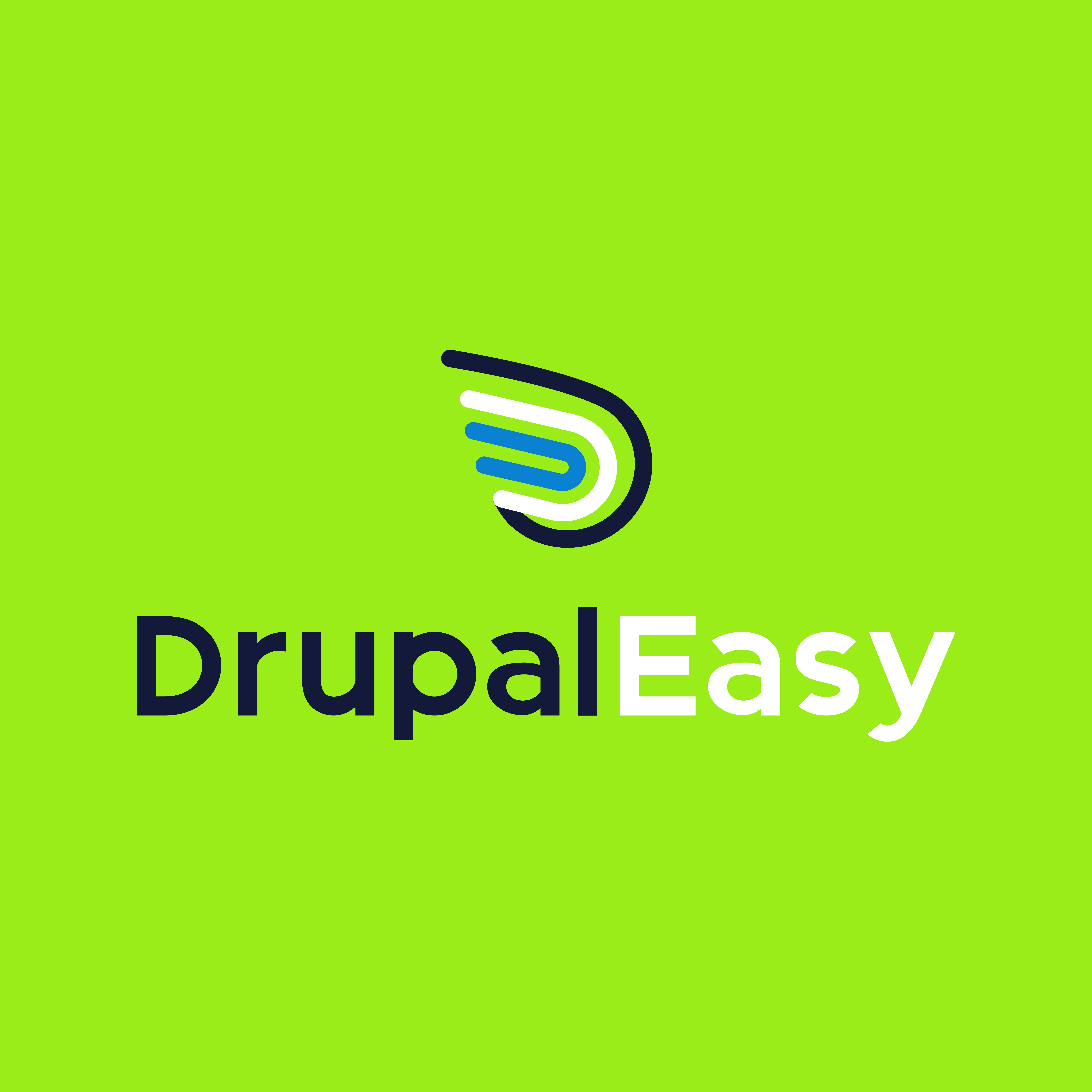
I knew I didn't want to work in an office environment—or pretty much any environment where I didn't have 100% control of my schedule—so I had been heading to self-employment for a long time. Once I had my 10,000 hours in, I wanted to return to teaching, so we started developing shorter workshops before launching Drupal Career Online (our 12-week beginner-focused course) in 2011.
TDT [3]: With over a decade of involvement in the Florida Drupal community, what have been the most significant changes in the community, and how has DrupalEasy adapted to them?
Michael Anello: The Florida community's biggest change—and biggest success—was being able to transition away from its original core set of organizers. This is always a sign of a healthy organization.
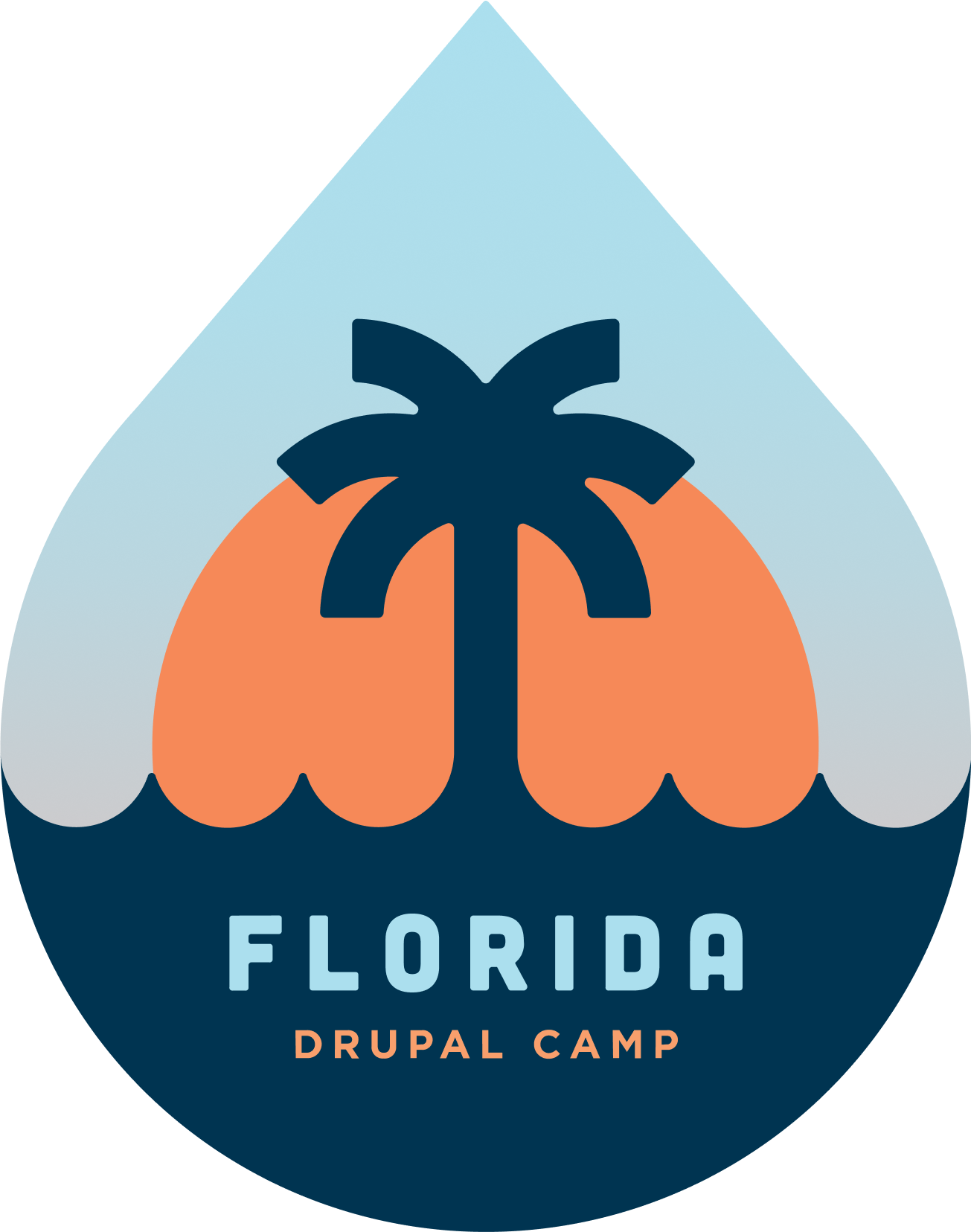
The Drupal community's most significant change (so far) was probably the transition from being a hobbyist tool to something that requires a certain amount of software development knowledge to really get started. DrupalEasy responded by rewriting our beginner-focused course and introducing a course geared towards those with more of an intermediate skill level.
TDT [4]: What inspired the creation of the IXP-Fellowship initiative, and how does it align with your vision of onboarding developers who are beginners in the Drupal community?
Michael Anello: What inspires me to participate in the IXP fellowship initiative is getting new folks into Drupal jobs. One of the big issues in the Drupal ecosystem these days is the severe lack of entry-level positions for Drupal developers. It discourages folks from investing their time to learn Drupal. Without an entry ramp for new developers, the future of Drupal is much less bright than it should be (IMHO).
As a community, we must incentivize employers to hire and mentor new Drupal developers.
TDT [5]: You are a Drupal trainer and a mentor, what lessons do you impart to someone who is just starting their career in Drupal Development?
Michael Anello: Do whatever you need to do to get initial experience and visibility—this will be your biggest challenge. Get involved in the community and build up your Drupal.org user profile. Promote yourself by writing, presenting, or making videos.
TDT [6]: You have an active presence on social media and are up to date about the updates in Drupal and its community, what approach do you adopt to stay ahead of the latest Drupal trends and technologies in the Drupal ecosystem?
Michael Anello: As I mentioned above, I absolutely love learning new things. I'm an avid reader of Drupal Planet (drupal.org/planet)—often wading through the low-quality content that seems to be growing steadily to find the high-quality content that Drupal Planet should be better at surfacing (IMHO). I am lucky enough to attend a lot of Drupal in-person events and talk to folks about what they're working on. As a trainer and developer, I see it as part of my job to keep abreast of the state-of-the-art Drupal development techniques.
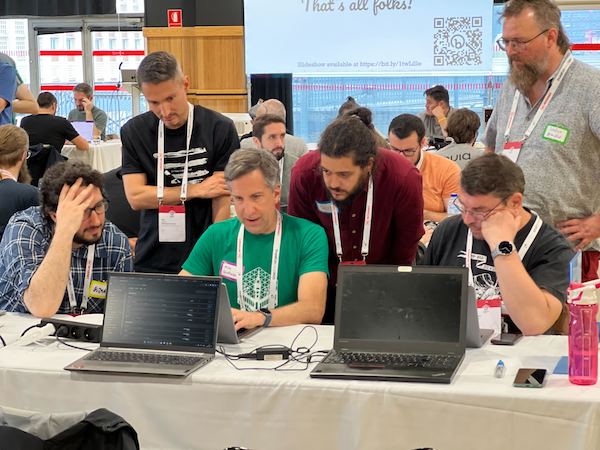
TDT [7]: You have been involved with the Drupal community for a very long time now, and you have made contributions in several areas of Drupal. If asked to choose, what will be the one contribution to Drupal that you hold close to your heart and why?
Michael Anello: Oh my—this is like asking me to choose which of my children is my favorite. I can't pick just one, so I'll summarize a few:
- The development of the Florida Drupal Community: without this, our business wouldn't be where it is today, I do not doubt in my mind.
- The Drupal Community Working Group: working with my fellow members has made me a better human.
- Code contributions: each one teaches me something and is always rewarding in some form.
TDT [8]: There is a growing perception that PHP and Drupal are less cutting-edge compared to technologies like JavaScript, Python etc… particularly among younger tech enthusiasts. As a Drupal trainer, how do you tackle this perception?
Michael Anello: It's not easy to do so, and this will remain a challenge for the entire community for the foreseeable future. The Drupal community does a great job keeping the code base (mostly) modern and embracing new tools and technology. From a teaching perspective, I try to lean into the modern bits as much as possible and clarify where Drupal excels in areas other technologies don't.
TDT [9]: DrupalCon Lille was a platform that hosted a plethora of discussions. What were the major updates and sessions that made you curious and how do you perceive the Promote Drupal initiative?
The Promote Drupal initiative is super-important for the future of the community. Attending events with a modern booth like we did at Web Summit Lisbon probably should have started years ago.
TDT [10]: What were the major positives and challenges of the year 2023 professionally and what are your top priorities and goals for 2024?
In 2023, I'm really proud of how our 15-week Professional Module Development course matured and hit its stride. We've also been working on a big client project that will be launching in early 2024 that we're proud of and will be talking about soon. Our biggest challenge has been helping to place new graduates of our beginner course in their first Drupal job—hence our involvement in the IXP-Fellowship initiative.
We've already started focusing on integrating more AI tools into all aspects of our business, which will continue into 2024 and beyond. I'm very much looking forward to figuring out how best to utilize AI tools for ourselves and our clients to be more efficient and effective.
Related Event Sessions
Disclaimer: The information provided about the interviewee has been gathered from publicly available resources. The responsibility for the responses shared in the interview solely rests with the featured individual.
Note: The vision of this web portal is to help promote news and stories around the Drupal community and promote and celebrate the people and organizations in the community. We strive to create and distribute our content based on these content policy. If you see any omission/variation on this please let us know in the comments below and we will try to address the issue as best we can.



